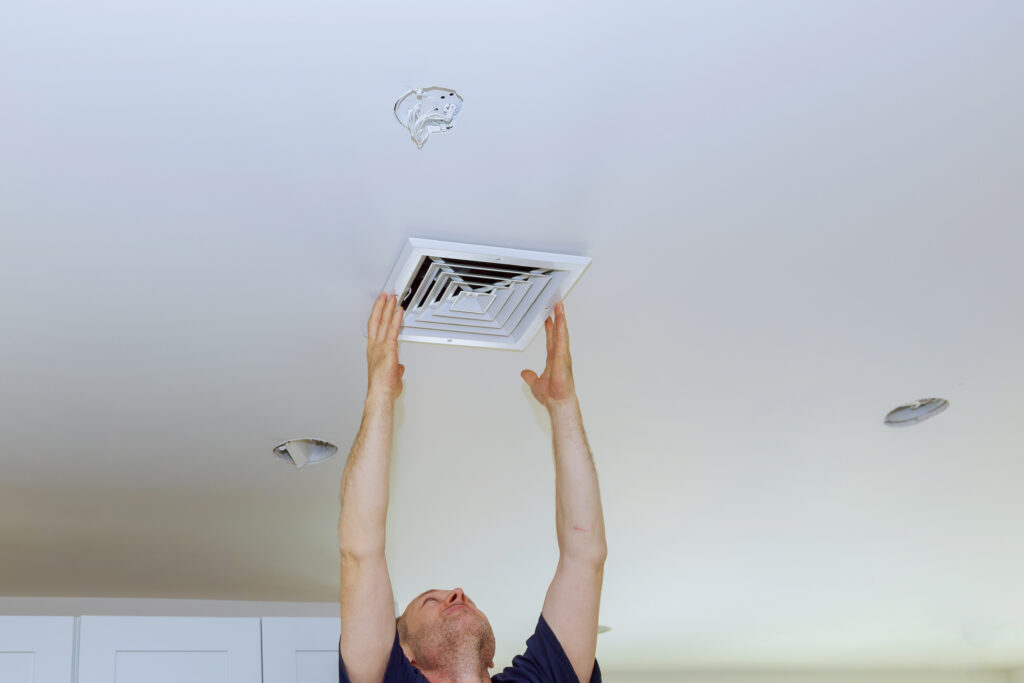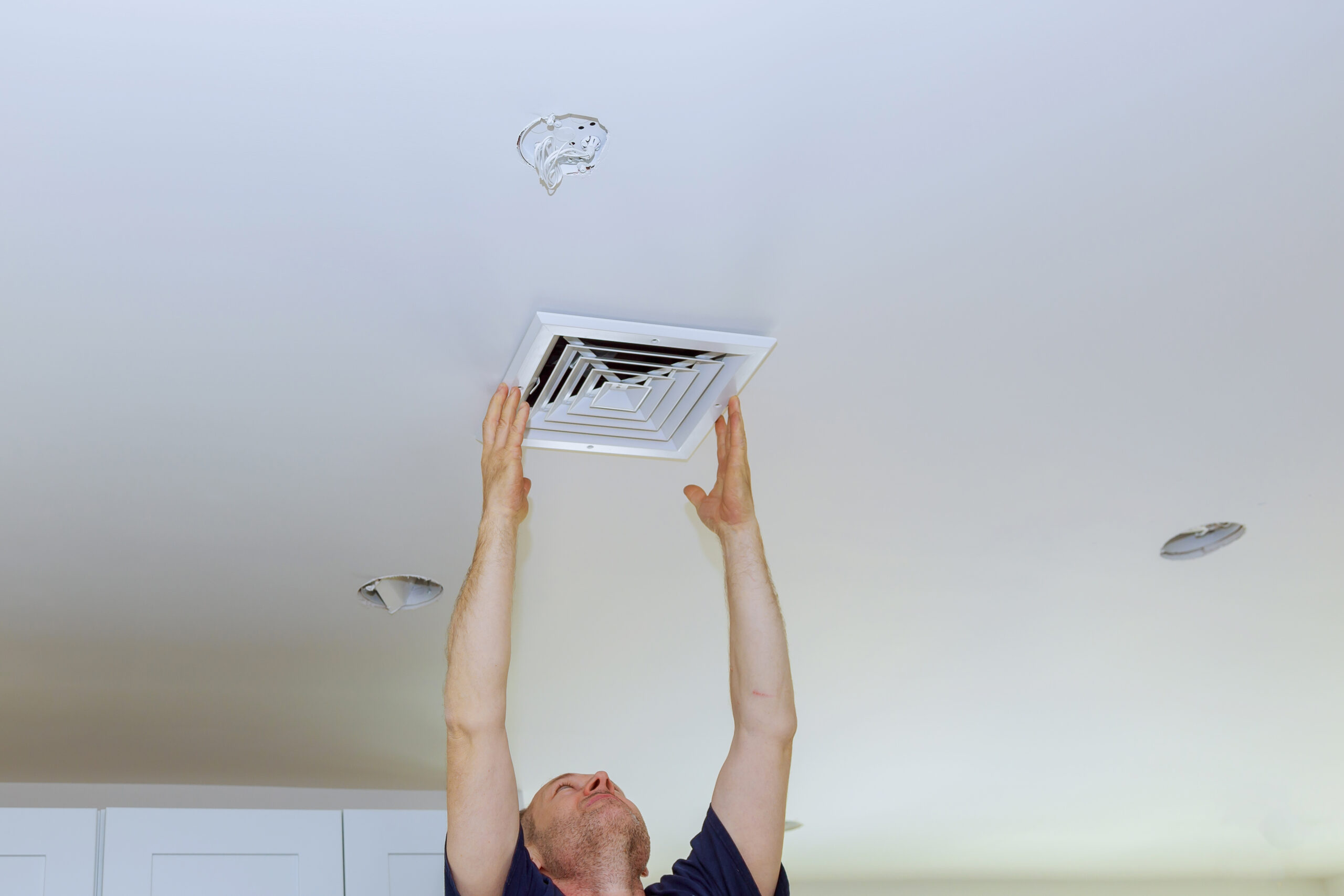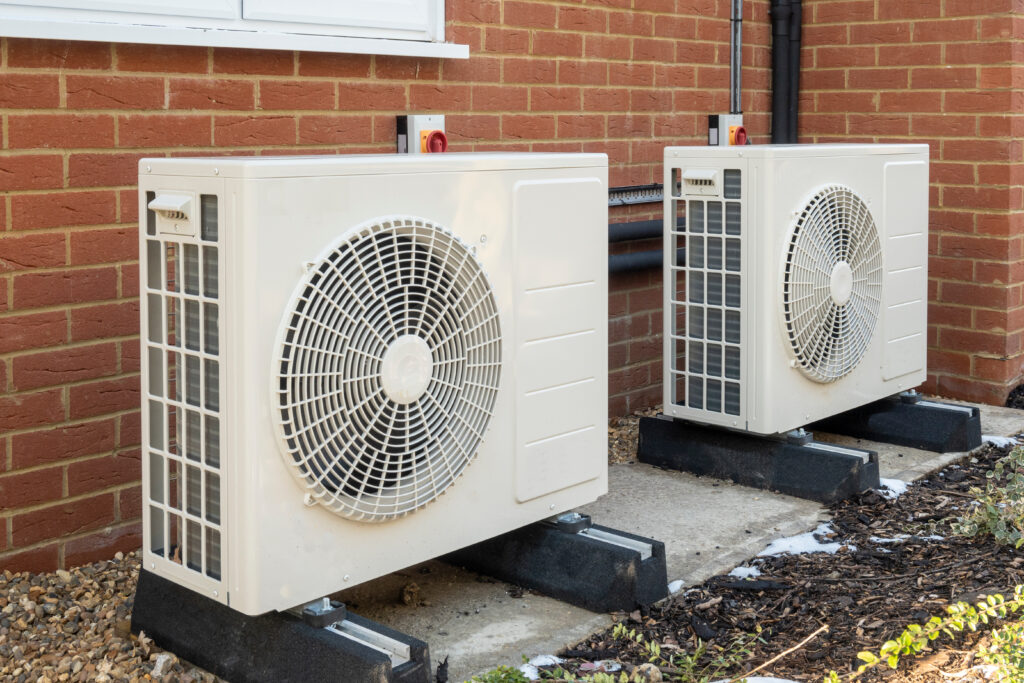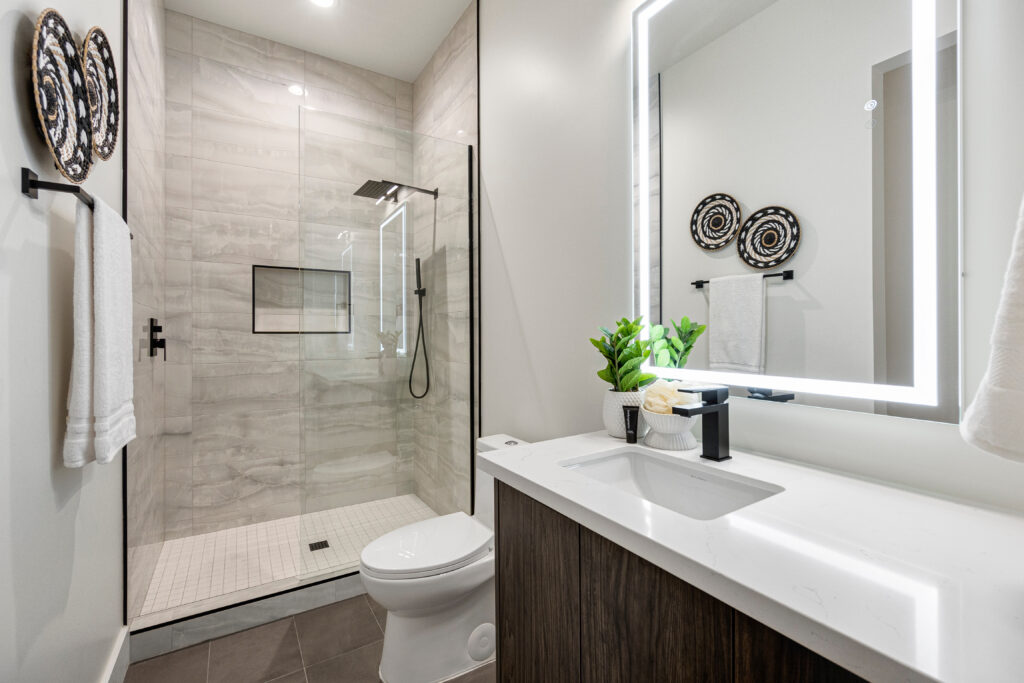Understanding Central Air Conditioning: The Beating Heart of Summer Comfort
It’s mid-July, you’re melting into your couch, and suddenly—bam—the icy blast from your central air conditioning kicks in like a superhero in flip flops. For many homeowners, central AC isn’t a luxury, it’s an expectation. But if you’ve ever wondered how it actually works, what costs you might encounter down the road, or why your home warranty might be the smartest thing you’ve ever signed up for, you’re in the right place. Let’s unpack the ins and outs of central air conditioning in real-world, homeowner-friendly terms, and how to make smart moves to protect your comfort (and your wallet).
What Is Central Air Conditioning, Anyway?
Central air conditioning is a system that cools air in a central location (spoiler alert: that’s why it’s called central) and then distributes it throughout your home via ductwork and vents. Unlike those bulky window units or unpredictable portable ACs, central AC systems offer streamlined, consistent cooling for your whole house. Think of it like Spotify for your indoor climate—tailored, controllable, and mostly invisible. If it’s working right, you forget it’s even there. But the minute it fails… oh, you remember it loud and clear.
How Your Central AC Actually Works
The process starts with warm indoor air being pulled through return ducts. This air gets pushed over evaporator coils, which are filled with a refrigerant—basically, a chemical that absorbs heat like a sponge at a bonfire. The refrigerant captures that heat, cools the air, and the now-chilled air is pushed back into your home through a series of supply ducts. Meanwhile, that captured heat heads outside where it’s released through the condenser unit. It’s a constant cycle of air movement, condensation, and cooling magic. Okay, not literal magic—just physics. And fans. Lots of fans.
Pros of Having Central AC in Your Home
Let’s start with the obvious—it cools your home. Duh. But on a deeper level, central AC systems also contribute to improved air quality. Because they routinely filter air through built-in filtration systems, you’ll often find yourself sneezing less and breathing a little easier. Visually, central AC is a huge win too—no clunky boxes blocking your windows or dragging down the curb appeal of your digital open house listing. They’re also more efficient overall; drawing less energy per square foot than alternative cooling options, especially when properly maintained. And yes, these systems can be tied into smart thermostats for those of us who like to drop the temp from bed without moving a muscle.
Common Drawbacks to Keep on Your Radar
Now, before you throw a parade in honor of your AC system, let’s talk reality. Central air installation isn’t cheap. If your house isn’t already equipped with ductwork, you’re looking at a significant investment, sometimes upwards of $7,000 to $12,000 for a full install. Then there’s the maintenance. Filters need regular replacing. Coils need to be cleaned. Refrigerant could leak. And if the blower motor gives out or your compressor dies? It can mean hundreds or even thousands in repair bills. Plus, if your system isn’t zoned properly, you may find yourself freezing in the living room and sweating in the upstairs bedroom. Yikes.
The Real Costs Behind Central AC Repairs
This part usually comes with a deep sigh. Central AC repairs aren’t your average Saturday DIY task. If something major fails—think compressor or condenser—you’re not buying a $20 replacement part at the hardware store. For example, a compressor replacement can clock in between $1,200 and $2,500 depending on the system model. Smaller fixes, like electrical issues or refrigerant recharge, aren’t cheap either. Not to mention, if your system is over ten years old, some replacement parts might be discontinued or harder to find. Translation? It’s gonna cost you in both money and patience.
How a Home Warranty Can Change the Game
This is where the lightbulb moment usually happens. A home warranty—like one from Armadillo—can cover key aspects of your central air conditioning system. That means instead of panicking over sky-high repair bills or spending six hours Googling HVAC contractors, you submit a claim, schedule service, and get it handled. With the right plan, you’re not just buying peace of mind—you’re budgeting smart. And yep, it often includes coverage for both the condenser unit and the interior components like blowers and thermostats. Just check the specifics of your policy, because no two plans are exactly the same.
Why Armadillo Is the Smart Choice for AC Coverage
If you’re nodding along and thinking, “Okay, I *really* should look into a home warranty,” here’s the smooth segue. Armadillo is redefining what home warranty service looks like—modern, responsive, and user-friendly. Unlike some of those outdated providers with fax machines still plugged in (seriously?), Armadillo operates entirely online and responds in minutes. Their home warranty plans can include central AC coverage, shielding you from those eye-popping repair bills and helping you get back to feeling chill—literally. You can dig deeper into how it works at www.armadillo.one, or better yet, build your exact quote for your home in moments at this link here. AC problems don’t wait for a convenient time. Why should smart coverage?


























